HAMTRMACK — The primary election to determine Hamtramck’s next mayor is just days away. The Arab American News reached to all four mayoral candidates to ask questions regarding the city’s financial challenges, property taxes, marijuana dispensaries and more.
Only Asm Rahman and Mayor Karen Majewski returned responses this week, before the requested deadline of Thursday afternoon. All candidates were asked the same questions. The answers are presented here in the order they were received.
Find more information on Saad Almasmari’s campaign at his Facebook page: facebook.com/salmasmar01
Amer Ghalib’s campaign page can be found at: facebook.com/ghalibformayor/
Asm Rahman
Lack of transparency by some city officials about the marijuana dispensary openings caused a lot of rift within the community
Q) Hamtramck is facing major financial challenges, one of which is its fire and police pension obligations. If the latest ballot proposal to raise property taxes to fund retirements fails, what future funding solutions could you implement as mayor that don’t also involve a tax increase?
Proposed tax increase is a giant leap from the current base rate of .5 mil to 10 mil. For new homeowners like me it is a 40 percent increase of current tax in addition to the 230 percent assessed increase. Increasing taxes to balance the budget in an economically challenged community is not the only option. I would like to see (that) our money is spent wisely and more accountability of our expenditures, which is currently not the case in my opinion.
Q) Recently, residents have been divided on issues such as allowing marijuana businesses and the display of a pride flag at City Hall. As mayor of a diverse city, what role can you play in ensuring residents’ voices are represented while various cultural preferences and orientations are respected?
Lack of transparency by some city officials about the marijuana dispensary openings caused a lot of rift within the community. I worked with several organizations and community leaders and helped find an acceptable solution without having the city deal with a lawsuit.
Q) In your mind, what are some of the most immediate and pressing issues the city faces at this moment? Why do you believe you are the best mayoral candidate to tackle those issues?
Three floods in four weeks seems to be the number one concern amongst the residents. Thousands of homes were flooded and everything in the basement ruined. Budget shortfall and high water bills, street safety are some of other immediate concerns. I would seek a solution to the budget issue by closely looking at our cost reduction, increase tax revenue by properly assessing the value of the properties as mandated by state laws. Also, I will ensure income taxes are being reported correctly and tax collection rate must improve to reduce defaults.
Karen Majewski
Despite what some candidates would have you believe, grants are not available for these kinds of operating expenses. And the city is obligated by law to pay these retirement fund obligations
Q) Hamtramck is facing major financial challenges, one of which is its fire and police pension obligations. If the latest ballot proposal to raise property taxes to fund retirements fails, what future funding solutions could you implement as mayor that don’t also involve a tax increase?
The city will owe over $5 million dollars to MERS for police and fire pensions in next year’s budget, going up to over $7 million in the next few years. There is simply not that kind of money in our budget, which is already relying on our fund balance to make up this year’s shortfall. Nor, short of gutting our police and fire departments, which make up the biggest expense in our general fund, is there any way to make up that kind of money. Despite what some candidates would have you believe, grants are not available for these kinds of operating expenses. And the city is obligated by law to pay these retirement fund obligations. If we default, which we will certainly have to do without over $5 million dollars in additional revenue, a judge will levy these charges against all Hamtramck taxpayers. The ballot proposal authorizes City Council to create a special assessment adjustable to the amount we actually need to cover the MERS obligation each year. Maybe Council and other mayoral candidates prefer to have a judge order that levy, in order to avoid their responsibility as elected officials. However, I am being upfront and telling Hamtramck voters that we all WILL be forced to pay MERS. We have two options: Have a judge decide how much we each are assessed, or have your elected officials decide and give them the flexibility to adjust the assessment as our financial situation changes.
Q) Recently, residents have been divided on issues such as allowing marijuana businesses and the display of a pride flag at City Hall. As mayor of a diverse city, what role can you play in ensuring residents’ voices are represented while various cultural preferences and orientations are respected?
All sides should be listened to, but there is simply no room for compromise when it comes to recognizing and honoring human rights and the dignity of all our residents. The very term “diverse” includes people of all sexual identities and preferences, so to claim to champion diversity while at the same time seeking to marginalize whole categories of humanity is essentially hypocritical, undemocratic and immoral. I will continue to advocate for all Hamtramck residents, regardless of race, religion/spiritual practice or lack of it, gender/gender identity, sexual preference, ethnic background or immigration status. There is no wiggle room on this principle.
As for marijuana, these are legal businesses that contribute to our economic viability. The owners of these businesses have employed local residents, renovated vacant buildings, brought customers who patronize our other local businesses, provide a needed service to many Hamtramck residents, provide needed tax revenue, contribute to the safety of their neighborhoods with enhanced security and sponsor Hamtramck events and organizations. I don’t see their presence as a moral issue, because I have no moral judgments to make about marijuana use — these are personal choices that anyone of legal age is free to make. So moral arguments against marijuana carry no weight in my decision making. I make my decisions based on the benefit to the community and its residents, and all studies and statistics, now corroborated by our own experience, suggest that these legal businesses can be valuable assets to their communities.
Q) In your mind, what are some of the most immediate and pressing issues the city faces at this moment? Why do you believe you are the best mayoral candidate to tackle those issues?
Our most pressing issue has always been money. Like so much of Metro Detroit, we have an aging and inadequate infrastructure, including our antiquated combined sewer and wastewater system. Our streets are over 100 years old and our alleys, while they function as streets, cannot be legally classified as such, so they get no state or federal funding for maintenance and repair.
We suffer because of the business decisions of General Motors, American Axle and Wayne County. These are not problems that cuts in City Hall or in city services can solve. The only path toward financial health is growing our economy by attracting new businesses and new residents, which we do by building on our assets. Our urban footprint, with densely packed housing and traditional business districts, with mixed use developments, including small businesses nestled within residential neighborhoods, our diversity, which provides a rich cultural experience for residents and visitors, and our walkability are all assets that need to be protected and enhanced. That is why the city has been aggressive in seeking grants, building relationships with other government and business partners, protecting our urban identity with strategic policies and ordinances and increasing our public profile around the world. I understand the interplay of all these factors and have spent the last 18 years in the painstaking process of building those relationships and establishing those policies.
Finally, I have been able to tell the story of Hamtramck to reporters and researchers from around the world, establishing us as a well-known model for what the American experiment in diversity can look like in real life: Not as a utopian fantasy, but as a place where people from all over the world live side by side, work out their conflicts in daily contact with each other, learn about each other and ultimately create a vibrant, living and evolving community together.


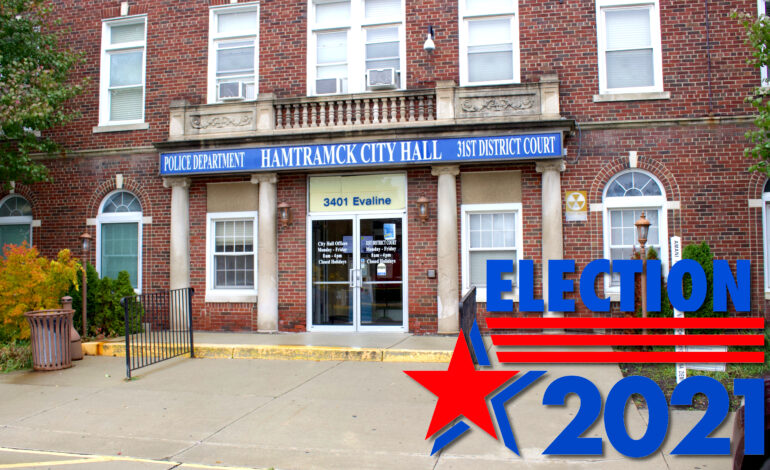
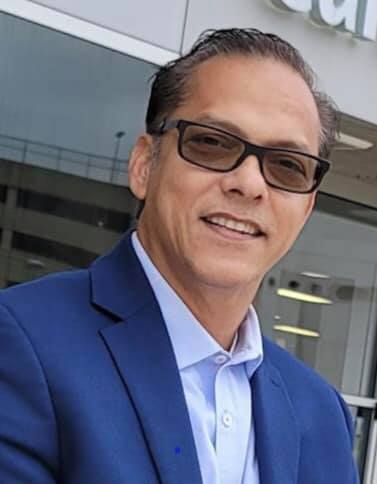

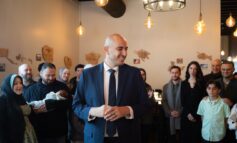
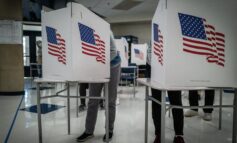
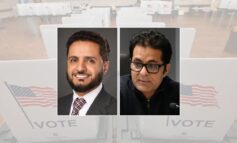
Leave a Reply